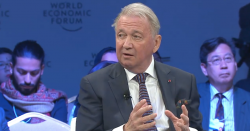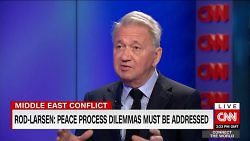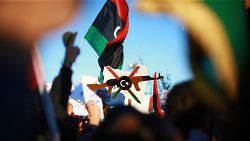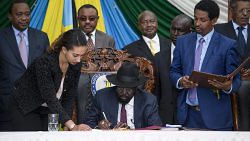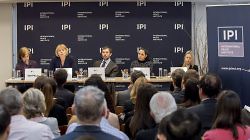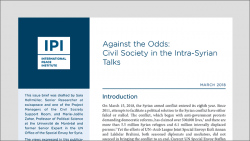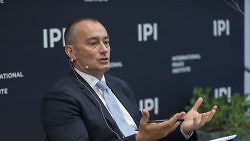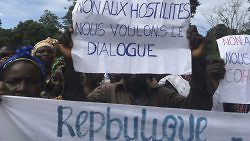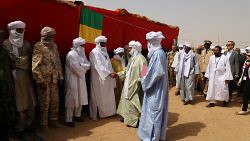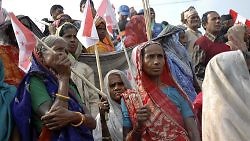
UN political engagement in Nepal between 2002 and 2018 has long been considered a successful example of sustained and innovative support to a critical peace process. Many governments in the broader region, however, have largely eschewed international assistance in resolving conflicts, perceiving it as an unnecessary infringement on state sovereignty or a threat to regional […]
Read more